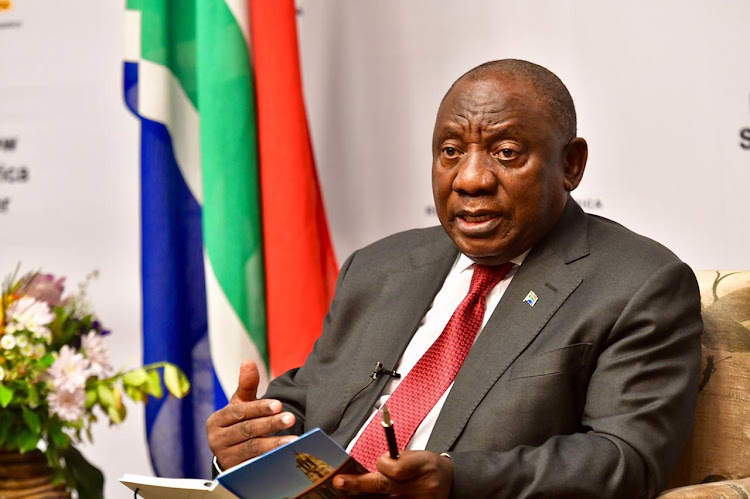In the aftermath of South Africa’s recent polls, President Cyril Ramaphosa stands before a political labyrinth as he endeavours to assemble the country’s new cabinet.
The initial ease anticipated when the coalition partners were only four when the government of national unity (GNU) was announced on June 14 has dissipated, giving way to a Herculean task exacerbated by the burgeoning number of parties vying for inclusion.
What started off as a GNU involving the former ruling African National Congress (ANC), the business-friendly Democratic Alliance (DA), Inkhata Freedom Party and Patriotic Alliance (PA), has now expanded to be an extended family of 10 ideologically different political siblings.
The 10 parties account for 287 of the 400 seats in South Africa’s National Assembly.
The ball is now firmly in Ramaphosa’s court who has to perform the unenviable balancing act of ensuring “there is unity with the unity government”.
Signs of trouble have already started to emerge amid jostling among the parties for cabinet positions.
A leaked letter allegedly written by DA federal chairperson Helen Zille to ANC secretary general Fikile Mbalula shows that the white-dominated party wants assurances that it would get the post of deputy president “as is standard practice in similar governments around the world”.
Other DA demands include 12 cabinet posts and preference in selection of ministry directors general, the South African equivalent of permanent secretaries.
The anti-migrant PA is demanding the police and home affairs portfolios. The party blames South Africa’s problems on the alleged influx of undocumented foreigners, mostly from African countries.
ANC spokesperson Mahlengi Bhengu-Motsiri confirmed on Monday that the announcement of the cabinet was close.
“The second phase of the process to appoint the national executive in line with the constitution is under way,” she told reporters.
She added: “Consultations with leaders of parties included in the GNU by the president of the republic is under way, based on the constitutional prerogative of the president.”
She said the cabinet would be based on an inclusive approach taking into consideration electoral outcomes, the national interest as well as national groups, gender and social sectors.
JN/APA


